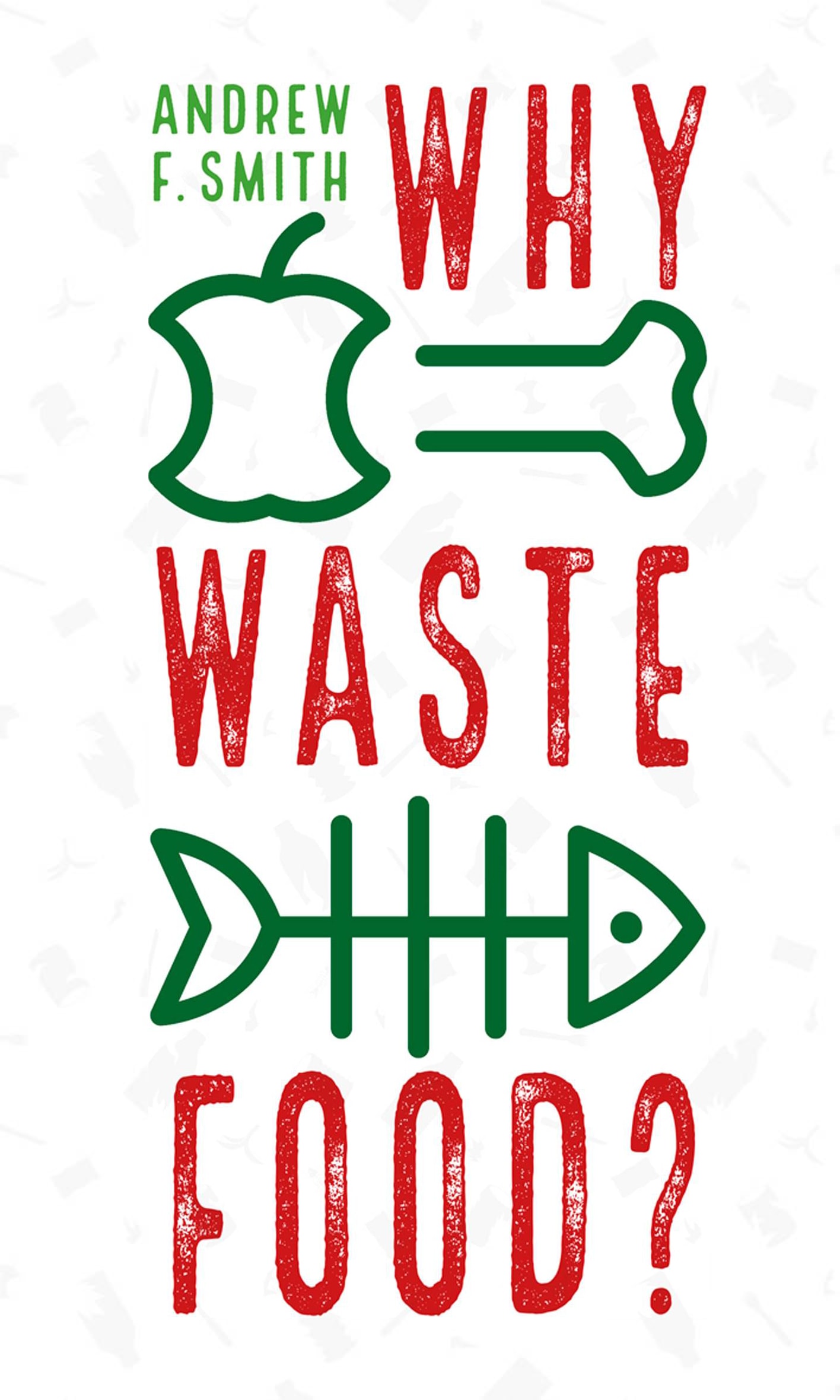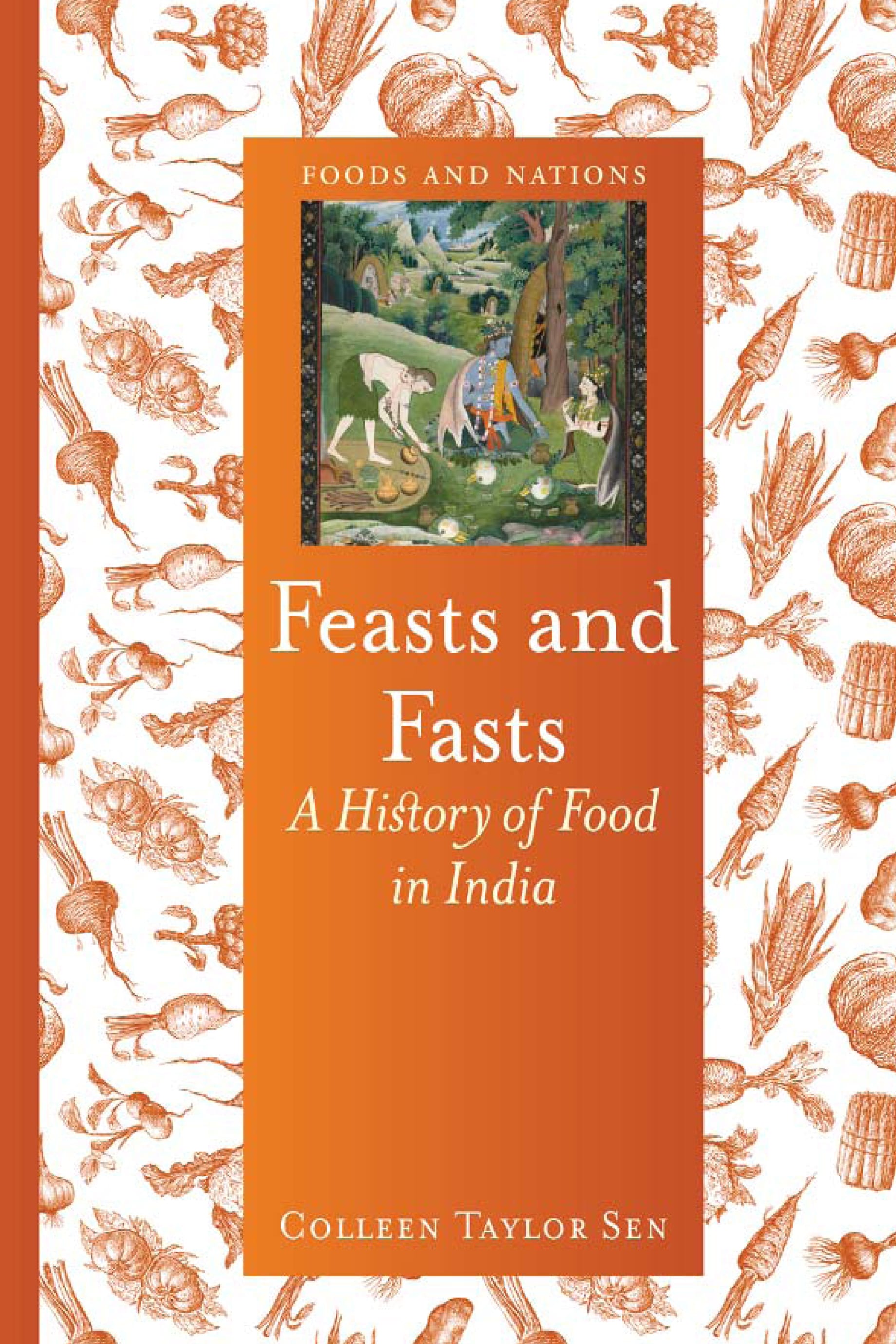


Are you sure you want to reset the form?
Your mail has been sent successfully
Are you sure you want to remove the alert?
Your session is about to expire! You will be logged out in
Do you wish to stay logged in?
The Bloomsbury Food Library is excited to introduce a brand new eBook collection featuring key works from the Reaktion Books food lists. With titles from the pioneering Edible, Food Controversies, and Food and Nations series, this vibrant collection provides access to engaging eBooks on important subjects, from the history of key food and drink items, to the topical debates surrounding food waste, food adulteration, fast food, and more. This Topic in Focus is your guide to explore the collection and delve into the global history and culture of food.
Find out more here or read some sample chapters below.

Edible is a revolutionary series of books on food and drink which explores the rich history of man’s consumption. Each book provides an outline for one type of food or drink, revealing its history and culture on a global scale. Vibrant illustrations, key recipes and reference material accompany these engaging and accessible texts, and offer intriguing new insights into their subject. An engaging example is Jeff Miller’s intriguing work, Avocado: A Global History (2020). Today the avocado is as familiar as the apple, but as little as one hundred years ago, the fruit – yes, it is a fruit - was scarcely known outside of its ancestral homeland in the verdant valleys of Michoacán.
Click here to read more about the fascinating history of this well known, but little understood, fruit.

Everybody eats. Yet few understand the importance of food in our lives and the decisions we make each time we eat. The Food Controversies series probes problems created by the industrial food system and examines proposed alternatives. Andrew F. Smith’s Why Waste Food (2020) tackles one such issue, exploring the reasons behind, and global consequences of, food waste. This fascinating book examines causes of avoidable food waste and highlights programmes and businesses underway around the world to feed people, save the planet and make money – all using food that is frequently discarded.
Click here to read more about the war on food waste.

The Foods and Nations series explores the history – and geography – of food. Books in the series reveal the hidden history behind the food eaten today in different countries and regions of the world, telling the story of how food production and consumption developed, and how they were influenced by the culinary practices of other places and peoples. Each book in the series offers fascinating insights into the distinct flavours of a country and its culture. Feasts and Fasts: A History of Food in India (2016) by Colleen Taylor Sen traces the history of Indian food from prehistoric times to the present in the context of historical, social, religious and philosophical developments.
Click here to delve into the history of food and feasting in India.

A global history of restaurants beyond white tablecloths and maître d’s, Dining Out: A Global History of Restaurants (2019) by Katie Rawson and Elliott Shore presents restaurants both as businesses and as venues for a range of human experiences. From banquets in twelfth-century China to the medicinal roots of French restaurants, the origins of restaurants are not singular—nor is the history this book tells. From restaurant architecture to technological developments, staffing and organization, tipping and waiting table, ethnic cuisines, and slow and fast foods, this delectably illustrated and profoundly informed and entertaining history takes us from the world’s first restaurants in Kaifeng, China, to the latest high-end dining experiences.
Click here learn more about the long history of restaurants.
If you’ve enjoyed this taster of what the Bloomsbury Food Library has to offer, why not let your librarian know about this new collection? Recommend it to your librarian here.